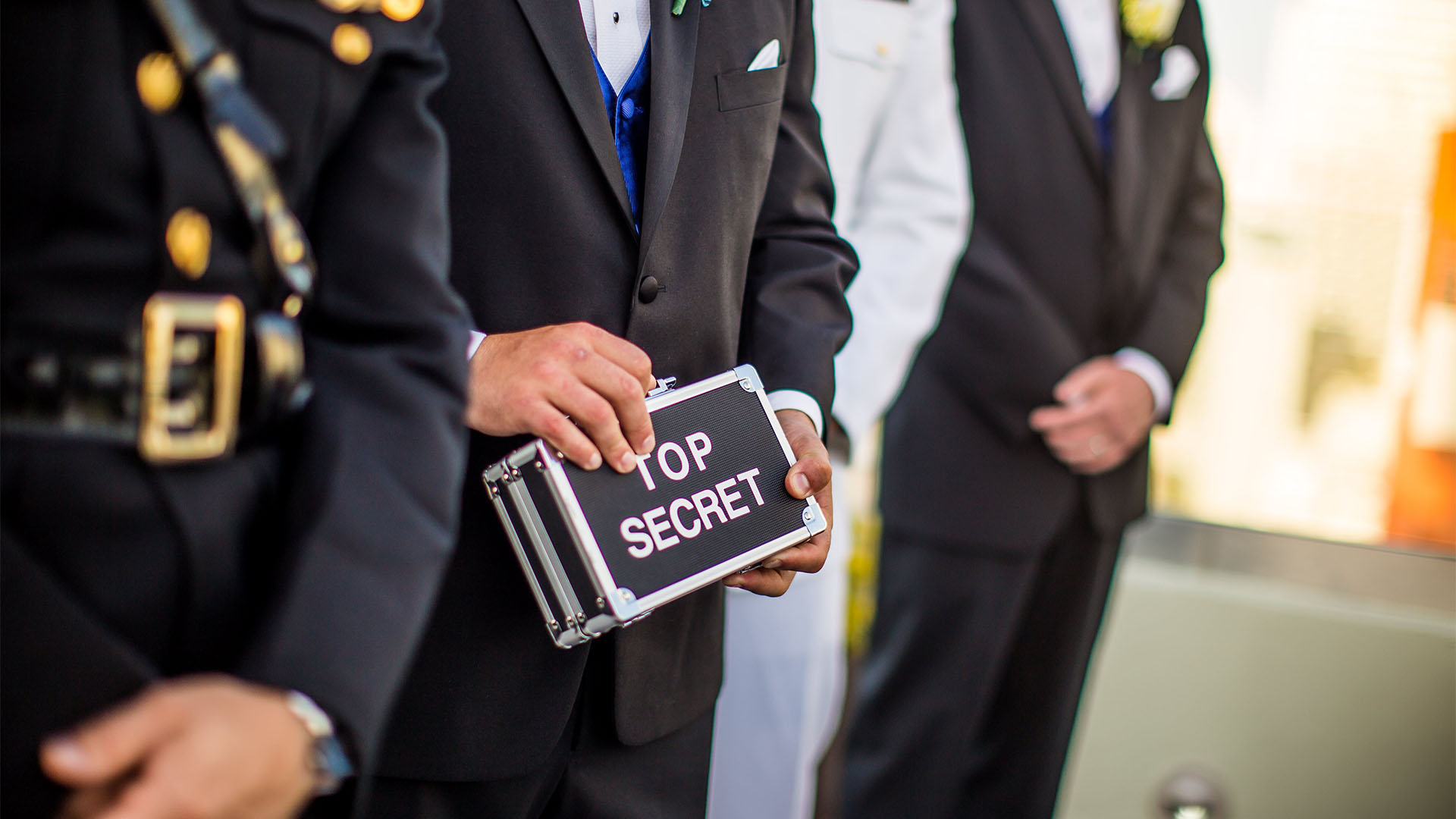What Is Operation Northwoods?
In 1962, the U.S. military drafted a plan that reads like a thriller novel. Code-named Operation Northwoods, it was part of the broader anti-Cuban Project Northwoods, under the umbrella of Operation Mongoose. This plan, developed by high-ranking U.S. officials, aimed to stage attacks on American soil and blame them on Cuba. Its purpose? To justify a U.S. invasion of Cuba.
The concept of creating an incident appearing to be committed by one nation but actually orchestrated by another is known as a false flag operation.
The Cuban missile crisis and U.S. Fears
The rise of Fidel Castro and the establishment of a communist regime in Cuba just 90 miles off the Florida coast sent shock waves through the American political landscape. It was the height of the Cold War, and the proximity of a communist state posed a direct threat to the U.S.

Source: U.S. Department of State/Wikimedia Commons
The tense backdrop set the stage for Operation Mongoose, and within it, the secret plans of Operation Northwoods.
The Blueprint of Deception
Operation Northwoods wasn’t just a set of ideas; it was a detailed blueprint for deceit. The plans included staging fake attacks at Guantánamo Bay, sinking vessels of Cuban refugees, and even fabricating a civilian airplane attack by Cuba.

Source: NASA/Wikimedia Commons
These shocking proposals were outlined in the Northwoods document, a testament to the lengths the U.S. was prepared to go in its covert operations.
Architects Behind the Scenes
At the helm of this clandestine plan were General Edward Lansdale, who was leading Operation Mongoose, and General Lyman L. Lemnitzer of the Joint Chiefs of Staff.

Source: United States Air Force Archive/Wikimedia Commons
The military leaders were the driving forces behind the extreme strategies proposed in Operation Northwoods, reflecting the era’s heightened military readiness and strategic daring.
Operation Mongoose: A Wider Anti-Castro Scheme
Operation Northwoods was a key component of the broader initiative known as Operation Mongoose. This project aimed to destabilize the Castro regime and reclaim Cuba from communist influence.

Source: Biblioteca del Congreso Nacional de Chile/Wikimedia Commons
The tactics discussed in Northwoods were extreme reflections of the larger anti-Castro sentiment within the U.S. military and intelligence circles.
Shocking Proposals to Spur a War
Among the most startling ideas in Operation Northwoods was the suggestion to stage a fake attack on a civilian airliner, followed by a staged funeral to mourn the simulated loss of life.

Source: Quintin Gellar/Pexels
This plan was designed to fabricate Cuban aggression convincingly in an attempt to draw public support for a U.S. invasion. It showcased the extreme measures the U.S. was considering in its conflict with Cuba.
Kennedy's Firm Rejection
President John F. Kennedy, upon reviewing Operation Northwoods, decisively rejected it.

Source: John F. Kennedy Presidential Library and Museum, Boston/ Wikimedia Commons
His refusal to authorize these covert actions marked a significant moment in U.S. foreign policy, demonstrating a reluctance to engage in deceitful military strategies despite the intense Cold War pressures.
The World Learns of Northwoods
The existence of Operation Northwoods remained a tightly guarded secret until it was revealed to the public many years later.

Source: Caleb Oquendo/Pexels
This revelation sparked widespread interest and analysis, leading to various works like James Grippando’s book on the topic and documentaries exploring the depths of Cold War-era U.S. military strategies.
NATO's Role in the Cold War
While Operation Northwoods was a U.S. initiative, it occurred within the broader context of NATO’s Cold War strategies.

Source: John F. Kennedy Presidential Library and Museum, Boston/Wikimedia Commons
The leaked documents from this era reveal a pattern of covert operations and strategic planning, emphasizing the alliance’s commitment to countering the communist threat.
A Question of Ethics and Democracy
The revelation of Operation Northwoods sparked a debate on the ethical implications of such covert strategies.

Source: Aaron Kittredge/Pexels
Although those involved deny having known about the details, it raised questions about the extent to which military leaders might manipulate public opinion to support controversial actions, challenging the core principles of democracy and transparent governance.
Echoes in History and Policy
Operation Northwoods may have been rejected, but it remains a dark chapter in U.S. history, reflecting the extent to which military leaders were willing to go to achieve their strategic objectives.

Source: John F. Kennedy Presidential Library and Museum, Boston/Wikimedia Commons
It offers a unique lens into U.S.-Cuba relations during the Cold War and serves as a reminder of the lengths to which governments might go in the name of national security.
Reflecting on Northwoods in Today's World
Understanding Operation Northwoods in the context of today’s geopolitical landscape is crucial. It serves as a historical reminder of the challenges in balancing national security with ethical decision-making.

Source: Wikimedia Commons
As we reflect on this operation, it underscores the importance of transparency and ethical considerations in international relations and military strategy, not to mention the ever-present potential and threat of false flag operations in modern times.
